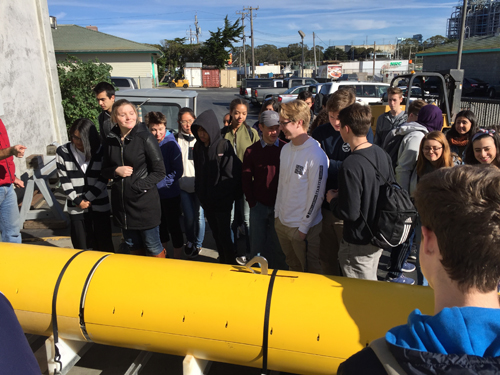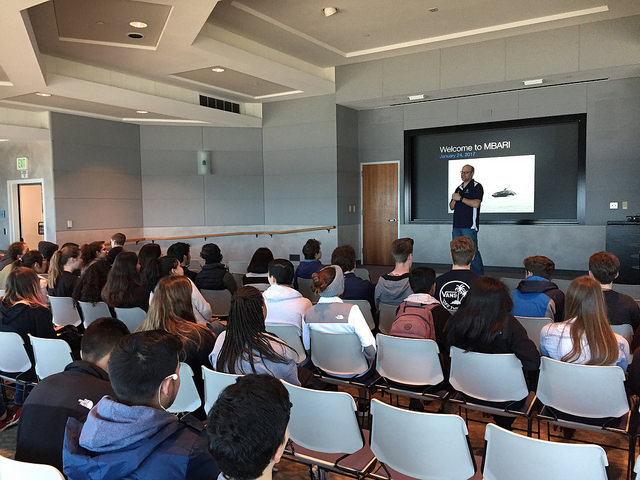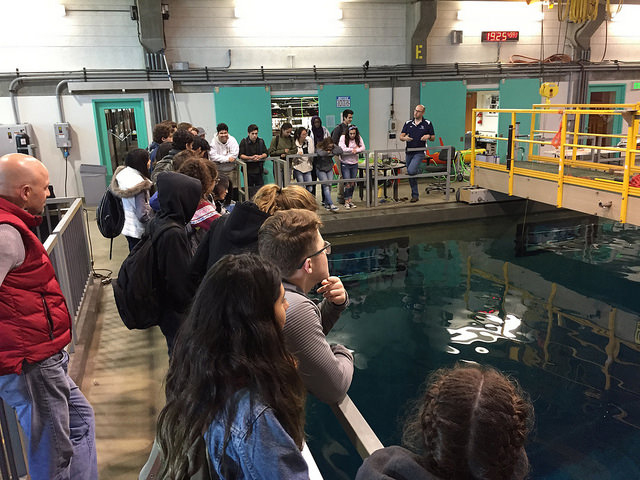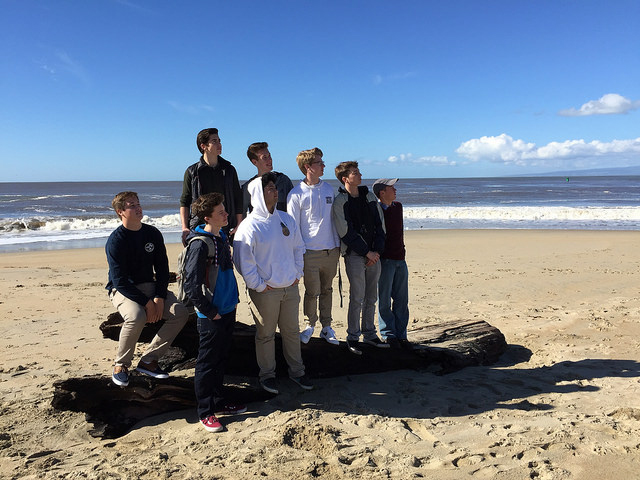Guiding Principles
I Rigorous, interdisciplinary courses are key to academic success. Direct personalized instruction and support creates a sense of community and improves academic achievement.
II Computer technology in class and lab assignments is critical to student skill development. Using real-world problems in the classroom ensures relevant application of theory, and better prepares students for their future.
III Developing in-depth organizational, communication, and presentation skills is key to preparing students for success in their careers.
IV Hands-on science labs, field studies, collaborative research projects, and guest speakers are integral components of the science curriculum, and make the connection for students between academic learning and their future career choices.
V Internships provide students with a meaningful experience, which enhances their understanding of working in the professional scientific community.
VI A student population representative of the ethnic and socio-economic population of our community is ideal to ensure a rich academic and social learning experience.
VII Public high school programs that provide a high degree of challenge for capable and motivated students are a critical element in addressing the national shortage of qualified graduates in the fields of math, science, and engineering.




